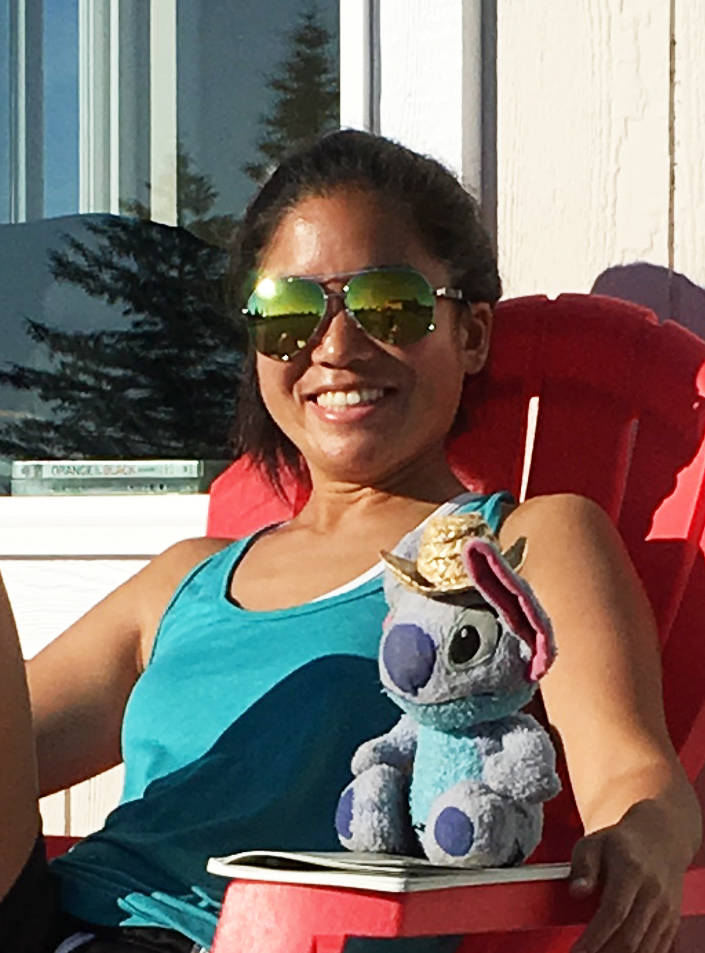He was holding a wrench and a rag. From across the road, I watched him wipe his forehead with his short sleeve. But, really, what I was staring at was the motorbike he was working on. It was a humid afternoon in the mountains of Luzon, more than a 15-hour bus ride from Manila, and I was on my own again, with no idea how to find my hostel. The jeepney — an American jeep from World War II refashioned as a form of public transportation in the Philippines — that was headed my way wasn’t leaving for another couple of hours; or, in the Filipino time I was beginning to understand, for five or six more hours. If ever.
So I did something they say you should never do, especially for a woman traveling alone: I walked up to the man. At the time, the news coming out of the Philippines was one of political disappearances and sanctioned murderers, and the government was on high alert for terrorist attacks from its Islamic south.
The man draped the rag over his shoulder and studied the map I was holding. He had no idea where my hostel was either. But of course he said yes, like I knew he would. As we winded through the mountain, he laughed. I can’t believe you were going to walk. Long hike, he said. Big backpack. Holding onto the shoulders of this stranger, I laughed too. At my hostel, I gave him a bit of money. For gas, I said, and he looked pleasantly surprised.
I suppose I was too. His kindness was essentially unthinkable just a few weeks ago when I gave up my job and left the country. In Seattle, a man had been shot at a rally on the university campus where I worked. A synagogue had been spray-painted in the wake of the inauguration. My friend and I put our heads down and crossed the street at night when a homeless man struggled to stand. We were a nation on edge, gripped by fear and distrust; so much so that a bomb squad spent hours dismantling a box left at the door of that same synagogue only to find an anonymous donation of books.
I realized then, as the Filipino man turned his motorbike around and sped down the hill, that out here, the world I love still exists. Unknowingly, he offered me an object lesson in kindness, and I was left in the dust churned up by his tires wondering where it is in my daily life I had lost my own humanity — where it is when I had become so busy, so distracted, so scared to lend a hand. Out here, I threw myself at the whim of the world, and a farmer welcomed me into his home, a Dutch couple offered me a ride, and a train stationmaster fed me mangoes. I found out that perhaps acceptance, generosity and kindness across cultures is not only possible, but one of the greatest attributes of the human race.
I don’t think such kindness does not exist back in the United States, but I think maybe we can all afford a little time away from posting about love on social media to step outside to touch a life. Maybe we can afford to slow down from rushing from one place to the next — to help and be helped. Maybe, just maybe, we could all use a little bit of faith in each other.
I came to Homer at the tail end of the summer with a road trip up the AlCan with all of my possessions packed in my sturdy little Civic. My friends thought I was insane. You don’t know how to change a spare, they said. You don’t even know if you have a spare. I shrugged. Someone out there will know. Along the way, a Canadian miner with sapphire eyes and a face streaked with grease fixed up my tires; a worker on the pipeline boiled me water for my morning coffee; and, on a particularly cold night high up in the mountains, a hunter stacked firewood into my car. All of them came from such different walks of life from mine that I barely knew what questions to ask, yet, like many of the saints I meet — and by saints, I guess I mean average people who reach out, who behave generously and honorably in an exceedingly indecent world — none of them asked for my name, nor felt the need to exchange our stories.
It was just that, I guess, we are all humans.
Bea Chang received her bachelor of arts from Haverford College and her master of fine arts in fiction from the University of Washington, Seattle. She is the founder and editor-in-fhief of the Awesome Sports Project, an online journal dedicated to inspiring girls’ and women’s voices in sports.
In addition, her stories and essays have appeared in “Colere: A Journal of Cultural Exploration,” “Toasted Cheese,” “Memoir Journal” and “Broad Street.” In 2017, she was nominated for the PushCart Prize for her essay, “The River My Father Promised.”
She spent a month in Homer as the writer-in-residence at Storyknife Writers Retreat.



